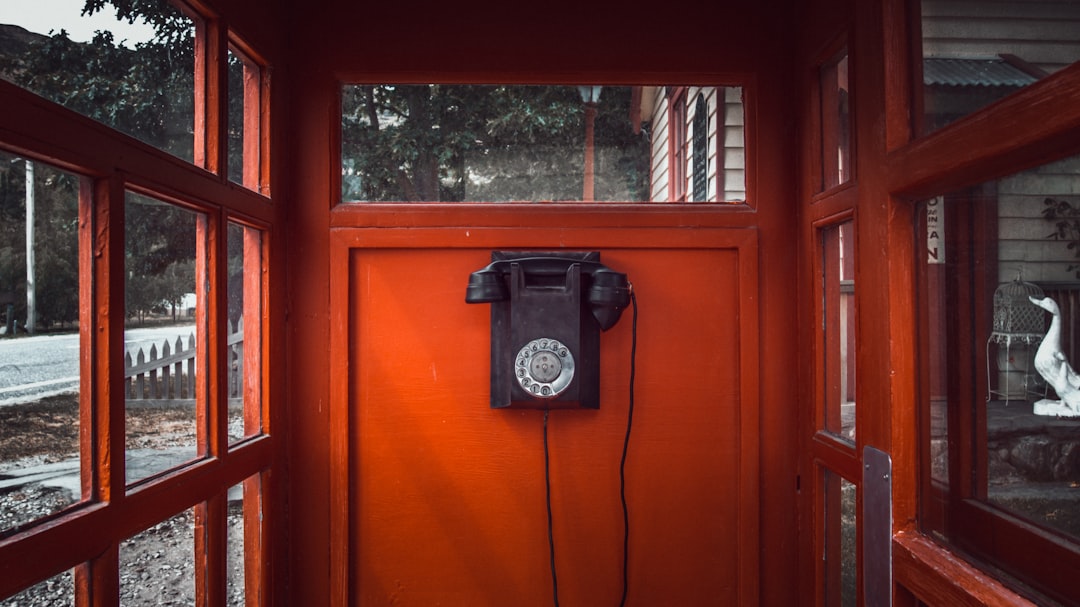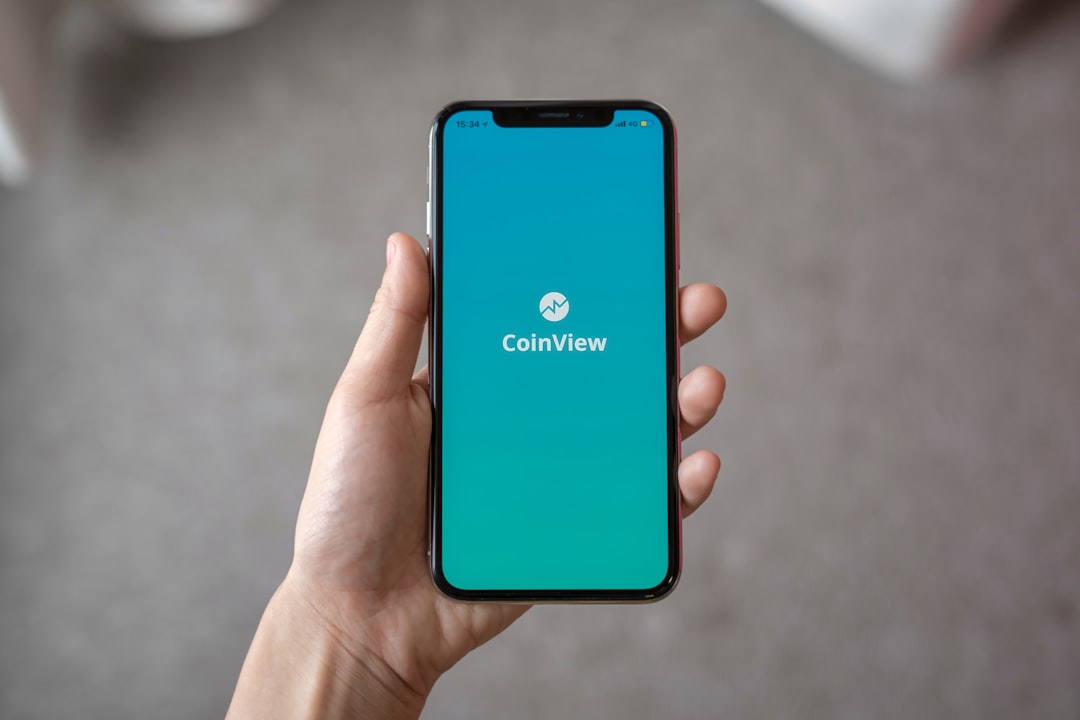Inmate call scams in Virginia, targeting vulnerable family members through false promises of legal aid, have reached alarming levels. Scammers exploit remote communication channels at facilities like Augusta Correctional Center in Craigsville, causing emotional distress and financial loss. Spam call lawyers Virginia are educating both prisoners and families to combat these fraudulent activities, offering legal assistance and strategic tactics to block future calls and compensate for emotional distress.
“Craigsville’s Augusta Correctional Center is at the heart of a burgeoning issue in Virginia: inmate call scams. As families across the state fall victim to fraudulent calls from incarcerated individuals, understanding and mitigating these schemes has become paramount. This article explores ‘Understanding Inmate Call Scams’, delving into the role of facilities like Augusta Correctional Center, identifying red flags, and examining the emotional and financial toll on families. We also delve into legal strategies, including the services of spam call lawyers in Virginia, to protect loved ones from these deceptive practices.”
Understanding Inmate Call Scams: A Growing Concern in Virginia

Inmate call scams have become a growing concern in Virginia, targeting both inmates and their families. These deceptive schemes often involve fraudsters impersonating attorneys or government officials to exploit vulnerable individuals. The scammers use various tactics, such as promising legal aid, releasing an inmate early, or providing false information about court cases. They may request immediate payments or personal details, taking advantage of the limited communication options available to inmates and their loved ones.
With the rise in remote work and increasing reliance on phone calls for legal services, spam call lawyers Virginia have become a hotspot for these fraudulent activities. Families often find themselves at risk of financial loss or identity theft when they unknowingly engage with these scammers. Protecting oneself from such schemes requires vigilance and awareness, especially when dealing with urgent-sounding requests during phone conversations.
Augusta Correctional Center: Location and its Role in the Scheme

The Augusta Correctional Center, situated in Craigsville, Virginia, plays a significant role in the state’s correctional system and has recently been at the center of attention due to a disturbing trend of inmate call scams. This facility, like many others, serves as a hub for communication between inmates and their loved ones, but it has also become a breeding ground for fraudulent activities. With its location in a rural area, Augusta Correctional Center may lack the immediate awareness and protection against sophisticated spam call schemes that urban areas often enjoy.
Virginia’s spam call lawyers have been working tirelessly to educate families and prisoners alike about these scams, which involve inmates making deceptive calls from prison phones, targeting vulnerable individuals with promises of early release or personal gains. The center’s remote location might make it easier for inmates to orchestrate such schemes without immediate detection, emphasizing the need for heightened vigilance among those with family members behind bars.
Identifying the Red Flags: Recognizing Spam Calls from Inmates

Inmate calls from behind bars can be a source of distress for families, often disguised as legitimate conversations to exploit vulnerable recipients. Recognizing the subtle nuances between a genuine call and a scam is crucial in shielding yourself from potential financial losses or sharing sensitive information. Craigsville’s Augusta Correctional Center has implemented measures to combat this issue, but it’s essential that family members remain vigilant.
One of the primary red flags is the sudden influx of calls from unknown numbers. Spammers often use multiple phone lines or temporary numbers to make their calls appear more legitimate. If a loved one in prison starts contacting you from unfamiliar numbers, especially if they request money or personal details, it could be a sign of an inmate call scam. Additionally, watch out for unusual call patterns, such as repetitive dialing or automated voice messages, which are common tactics used by spammers to reach a large number of recipients simultaneously. Engaging the services of spam call lawyers in Virginia can also help victims navigate legal options and protect themselves from such fraudulent activities.
The Impact on Families: Emotional and Financial Struggles

Inmates at the Augusta Correctional Center in Craigsville, Virginia, often exploit their ability to make phone calls, leading to a devastating impact on families across the state. These inmates use various tactics, including spam call lawyers Virginia, to target unsuspecting individuals and extort money or personal information. The emotional toll on family members is immense, causing stress, anxiety, and even fear within households. Many victims feel vulnerable and trapped, especially when the calls come from someone they know is incarcerated.
The financial struggles are equally profound. Unsuspecting family members may fall prey to these scams, leading to significant monetary losses. Spam call lawyers Virginia have reported a rise in cases where inmates manipulate their loved ones into sending money for various false reasons. This phenomenon not only hampers the financial stability of families but also creates a complex and challenging situation, requiring legal assistance from spam call lawyers Virginia to navigate the complexities of these fraudulent activities.
Legal Action and Protection: Strategies to Shield Families from Scams

In the face of escalating inmate call scams, families in Craigsville, Virginia, are increasingly seeking legal protection. Spam calls from within correctional facilities have become a pervasive issue, with inmates exploiting the vulnerability of loved ones to extort money or sensitive information. Legal action against these scams is one crucial strategy to shield families.
Virginia-based spam call lawyers play a pivotal role in combating this problem. They employ various tactics, including filing lawsuits against correctional facilities for negligence in monitoring and preventing such calls. Additionally, they educate families on their rights and offer legal representation to block future calls and seek damages for emotional distress caused by these scams. These proactive measures are essential in creating a safer environment for families affected by inmate call fraud.






